Apr 13, 2014 BULLETIN

EKEGUSII ENCYCLOPEDIA PROJECT
Apr 13, 2014 BULLETIN

Most of the community leadership is expected to attend; about 300 people.
We are pleased to have been involved in a small way with this historic project.
Copies of the Ekegusii dictionary are available from us, from the Project, and from the internet.
No University linguistics department should be without one.
ND & AMD, England, 12 Apr 2014
The dictionary can now be purchased online or from Amazon, or by emailing us. Any of you with relatives / contacts / friends in Kenya, or who work in University language /liguistics departments - please spread the word!!
NEWSPAPER REPORT OF THE LAUNCH
EXPERTS RAISE ALARM OVER THE DECLINE IN THE USE OF KENYA'S INDIGENOUS LANGUAGES
Summarised from kassfm.ke
Experts have warned that the use of Kenya's indigenous languages is decreasing. Led by Kenya's Education Cabinet Secretary Professor Jacob Kaimenyi, they said in Nairobi that there is need to document this vernacular language. "Globalization has led to the increasing uptake of foreign languages at the expense of indigenous languages," Kaimenyi said on Monday during the launch of the Ekegusii dictionary and encyclopaedia.
Ekegusii is the language of an ethnic Kisii community based in Western Kenya. The book has documented over 13,000 words over the past decade of research. Kenya is currently proposing the implementation of a policy requiring the use of vernacular languages in the first two years of primary school.
Gladys Kwamboka, the co-author of the Ekegusii dictionary, said that some vernacular languages in Kenya face extinction as they have no intergenerational transmission. She said that indigenous languages should be spoken at home so that they remain alive and vibrant, but pointed out that . some parents don't have the time or willingness to pass the language to their children. For vernacular language to remain relevant it must grow with technology. "This will ensure that there are words to describe new emerging products," she said.
Kenya National Union of Teachers Secretary General Wilson Sossion said that the country's constitution encourages the appreciation of local cultures, but that for languages to be strong, scholars need to strengthen them. "We are also supporting the policy that will require learners to be taught in their mother tongue for the first few years of school," the secretary general said. "Why should we glorify other languages, when we have our own?"
Kennedy Bosire, who is also the co-author of the Ekegusii dictionary, said that intercultural marriages tend to reduce to the use of the indigenous cultures. "This increases the need for documenting the cultures for future reference," he said.There is also a notion that local languages have no value especially in the labor market." As a result, many those under the age of 45 have difficulty speaking in vernacular language while most of those younger than 20 years can't speak it.
Former Education Minister Professor Sam Ongeri said that African traditional cultures entrenched societal norms, saying that they contained guidelines on the role of men, women and children in society. Ongeri noted that for indigenous languages to survive in the modern times they need to evolve over time. Professor Ratemo Micheki, who is the founding Vice Chancellor of the Jomo Kenyatta University of Agriculture and Technology, said that no community can go far unless it maintains its culture and that culture helps to mediate language. "Unfortunately, Kenyans has a poor reading culture," he said.
Kenya Literature Bureau Managing Director Eva Obara said that languages help to identify and define cultures. She said that the use of vernacular language in the early stages of life helps to sharpen language skills. and that the Kenyan Diaspora craves for local languages and culture. She noted that many Asian countries achieved economic development despite their use of native languages. Professor Ngugi wa Thiong'o from the University of California's Department of English said that all Kenyan languages are an integral part of the country's rich culture.
For the full report from which this summary has been written, please see kassfm.ke
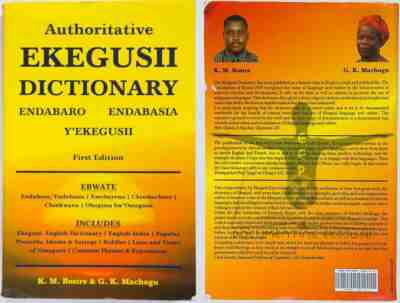
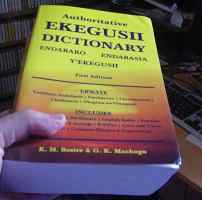 ...
...
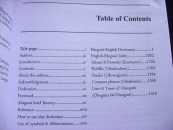 ...
...
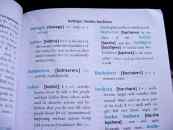 ...
...
 ...
...
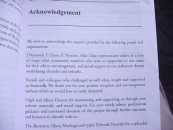 ...
...
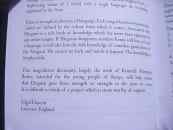

|

|